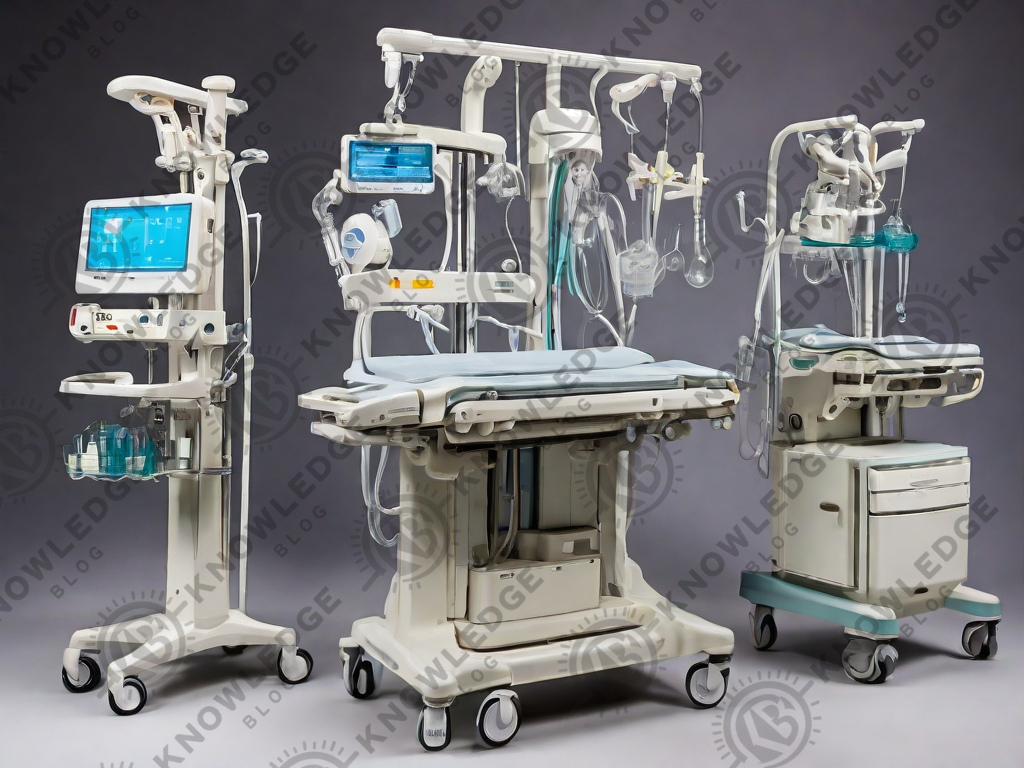How to Choose Your Medical Specialty

Are you a medical student or early-career physician feeling uncertain about which specialty to pursue? You’re not alone. Choosing a medical specialty is a critical decision that will shape your professional future and personal fulfillment. This article addresses key questions to help you know How to Choose Your Medical Specialty.
Why Is Choosing the Right Specialty Important?
Impact on Career Satisfaction
Your medical specialty will significantly impact your career satisfaction. Choosing a field that aligns with your passions, skills, and values can lead to a fulfilling and prosperous career. Conversely, a mismatch can result in burnout and dissatisfaction.
Influence on Work-Life Balance
Different specialties offer varying degrees of work-life balance. Some fields are known for demanding schedules and high stress, while others may provide more predictable hours and flexibility. Understanding these dynamics is crucial for long-term happiness.
How to Choose Your Medical Specialty
in this section we are going to show you how to choose your medical specialty.
What Are Your Interests and Passions?
Reflecting on Clinical Rotations
During medical school, clinical rotations provide a valuable opportunity to explore various specialties. Reflect on which rotations you enjoyed the most and why. Did you prefer hands-on procedures, patient interaction, or research and diagnostics?
Identifying Your Passion
Consider what excites you about medicine. Are you passionate about surgery, internal medicine, pediatrics, or psychiatry? Your enthusiasm for a particular field can be a strong indicator of the right specialty for you.
What Are Your Strengths and Skills?
Assessing Technical Skills
Certain specialties require specific technical skills. For example, surgical fields demand precision and dexterity, while diagnostic specialties like radiology require strong analytical skills. Evaluate your strengths and consider how they fit with the requirements of different fields.
Evaluating Soft Skills
Soft skills, such as communication, empathy, and teamwork, are also essential. Specialties like family medicine and pediatrics emphasize patient interaction and communication. Evaluate how your soft skills match the needs of different fields.
What Are Your Lifestyle Preferences?
Considering Work Hours
Different specialties have varying work hour expectations. Emergency medicine and surgery often involve irregular and long hours, while dermatology and pathology may offer more predictable schedules. Consider your tolerance for long hours and your preference for work-life balance.
Location and Practice Setting
Some specialties offer more opportunities in urban centers, while others are in demand in rural areas. Additionally, think about whether you prefer working in a hospital, private practice, academic setting, or community clinic.
Related Article: How to choose a university major
What Are the Financial Implications?
Comparing Potential Earnings
Earnings can vary widely between specialties. While financial considerations should not be the sole factor, understanding the potential income associated with each field can help inform your decision.
Considering Educational Debt
Many medical students graduate with significant debt. Some specialties offer loan repayment programs or higher starting salaries that can ease the burden of educational debt. Weigh the financial implications of each specialty carefully.
What Are the Job Market Trends?
Researching Demand and Opportunities
Job market trends can influence your specialty choice. Some fields, like primary care and geriatrics, are experiencing high demand due to aging populations and healthcare reform. Research current and projected demand for various specialties.
Geographic Considerations
Job opportunities can vary by region. Investigate the demand for different specialties in the areas where you want to live and work. This can help you evaluate job security and opportunities for career advancement.

What Are the Training Requirements?
Length of Residency and Fellowship
Different specialties have varying training requirements. Surgical specialties often require longer residencies and fellowships, while others like family medicine have shorter training periods. Take into account how much additional training you are willing to pursue.
Board Certification and Continuing Education
Some specialties require ongoing certification and continuing education. Understand the certification process and the commitment to lifelong learning in your chosen field.
How Do You Handle Stress and Workload?
Understanding Stress Levels
Medicine can be a high-stress profession, but stress levels vary between specialties. Emergency medicine and surgery can be particularly stressful, while others like radiology or pathology may have lower stress levels. Evaluate your capacity to handle stress in various settings.
Coping with Workload
Different specialties come with varying workloads. High-volume practices in fields like obstetrics and gynecology or emergency medicine can be demanding. Consider your tolerance for workload intensity when choosing a specialty.
What Do Mentors and Advisors Recommend?
Seeking Guidance from Mentors
Mentors and advisors can offer valuable insights from their experience. Seek their advice and discuss your interests and concerns. They can offer perspectives on the realities of different specialties and help you make an informed choice.
Networking with Professionals
Connecting with professionals in your fields of interest can provide firsthand insights. Attend conferences, join specialty interest groups, and seek shadowing opportunities to gain a deeper understanding of various specialties.
How Do You Make the Final Decision?
Weighing Pros and Cons
Make a list of the pros and cons of each specialty you are considering. Evaluate how each aligns with your interests, skills, lifestyle preferences, and career goals. This systematic approach can clarify your decision-making process.
Trusting Your Instincts
While data and advice are essential, trusting your instincts is also important. Consider how you feel about each specialty and listen to your gut feelings. Your intuition can provide valuable guidance in making the right choice.
Related Article: How to Succeed in Professional Life
Conclusion
Selecting your medical specialty is a crucial decision that demands careful consideration of several factors. By reflecting on your interests, strengths, lifestyle preferences, financial implications, job market trends, training requirements, stress tolerance, and seeking advice from mentors, you can make an informed choice. Remember, the right specialty for you is one that aligns with your passions and career goals, ultimately leading to a fulfilling and successful medical career. Start today by exploring these questions, and take the first step toward your future in medicine.






